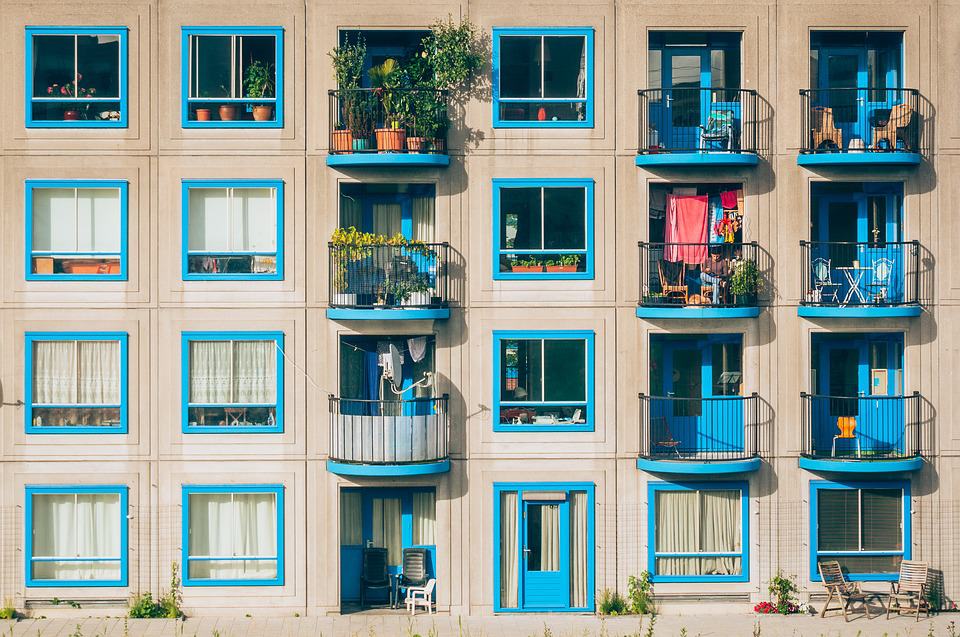Saudi Arabia and the UAE are driving the real estate market in the Middle East region with the backing of government and evolving market dynamics.
The possibility of a negative impact of impending Fed rate hikes is still over the property demand, experts are hopeful of the future growth prospects of the real estate sector.
Major economic diversification measures taken by both countries is said to be the reason behind this.
The US Federal Reserve is likely to kickstart several rounds of interest rate hikes over the course of 2022 in an effort to ease the inflationary pressure.
While this is expected to impact the GCC countries – as their currencies are pegged to the dollar – industry observers expect high oil prices to act as a buffer.
Driving factors
GASTAT data shows that the Kingdom’s residential real estate prices increased by 1.7 percent on an annual basis in the fourth quarter of 2021, attributing it to a 2-percent increase in residential land plots prices.
Apartment values in Riyadh and Jeddah accelerated by 17 percent and 12 percent, respectively, over the last 12 months alone (as of November 2021), according to Mordor Intelligence.
International firms are also responsible for driving overall demand for commercial space in Saudi.
It was driven by the government’s recent mandate asking foreign companies to establish their regional headquarters within the Kingdom by 2024 if they want to be in contention for government contracts.
As a result, 44 international firms were granted licenses to start operations as of October 2021, property consultant JLL stated in its latest report.
Several other factors including the rising demand for land – as the Kingdom is developing many mega projects – are also impacting the property market.
This is in addition to the construction of strip malls as well as entertainment and tourism facilities.
Fresh dynamics are shaping the real estate sector in the UAE led by Dubai.
Reportedly, residential apartment prices increased by 10 percent and villa housing grew by 27 percent.
The stronger gain recorded for the larger units falls in line with tenant migration patterns witnessed post lockdown.
Industry experts say the lower supply of villas versus apartments in Dubai further supported the performance of that segment year-to-year.
However, higher interest rates and increased supply are likely to be a headwind to further significant growth in prices from current levels.








